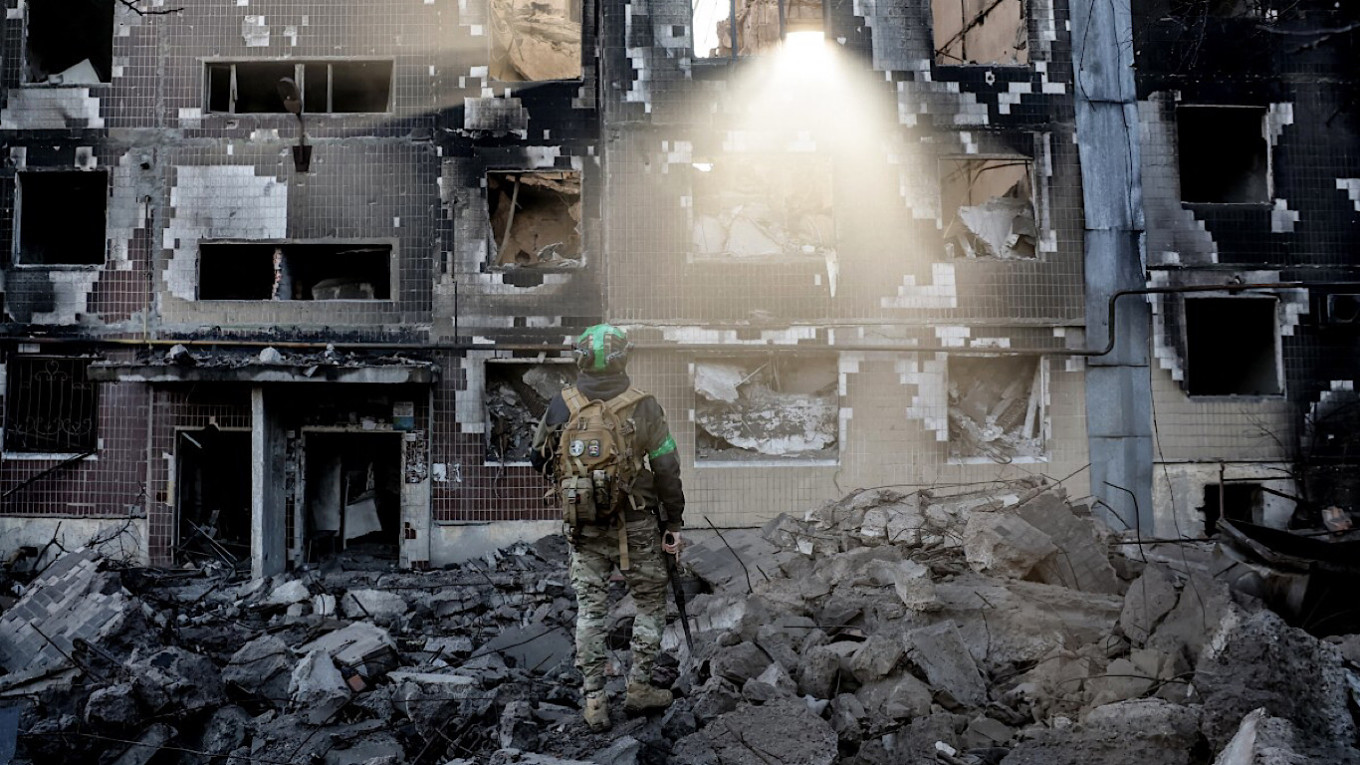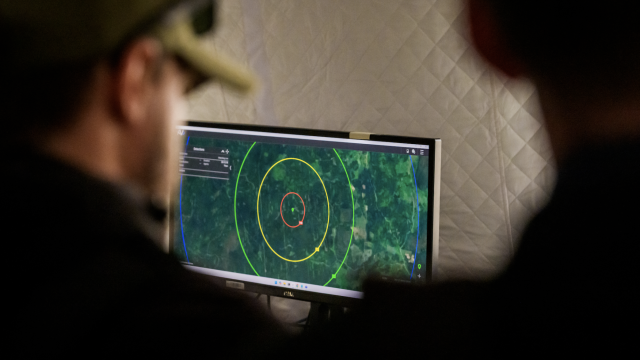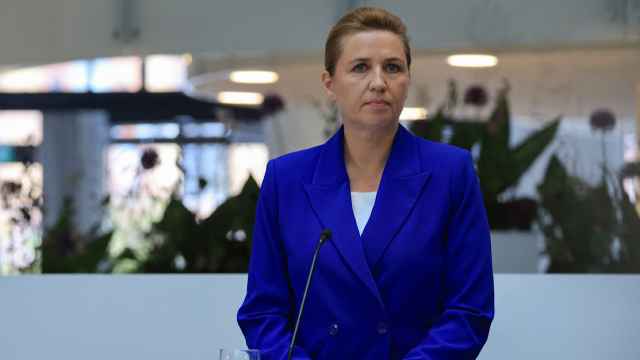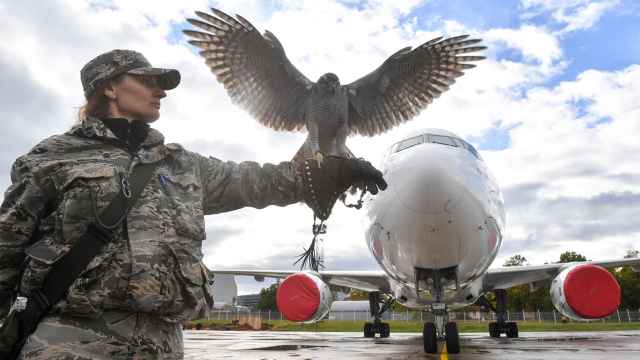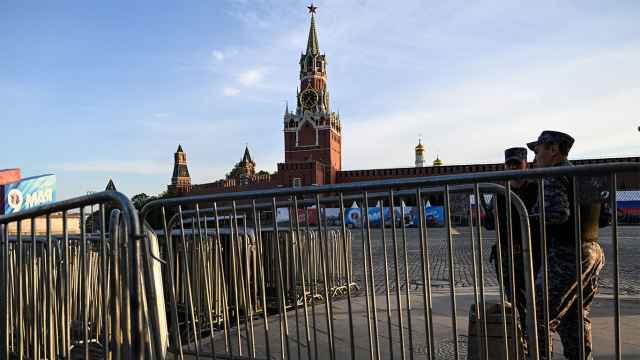Europe is "not ready" to effectively respond to potential Russian drone attacks and must integrate Ukraine's "battle-tested" capabilities to protect itself better, EU Defense and Space Commissioner Andrius Kubilius said Monday.
The 27-nation bloc is scrambling to shore up its air defense systems after NATO jets shot down several Russian drones over Poland in September.
"Why did it take us more than two years and the trigger of the Russian provocation with drones against Poland, and also against Baltic States and Romania, to understand that we are not ready to detect Russian drones and to destroy them with cost-effective means?" Kubilius said in a speech in Vilnius.
"The Russians are learning," he said, adding: "Are we?"
NATO has dispatched additional reinforcements to its eastern flank and is deploying more drone defense systems in the wake of the Russian drone incident in Poland, which came as an embarrassment after a Polish missile is believed to have hit a home in the eastern part of the country during the air incursion.
European authorities say they want to build their own drone defense system, but details still remain hazy, and any plan will likely take years to implement.
Kubilius on Monday insisted that, as European countries play catch-up with Russia, they must seek to include Ukraine and its experienced military forces as an essential part of their broader defense architecture.
"If we do not do that, we shall make a historical mistake, which shall leave us weaker. And which shall leave Ukraine weaker," Kubilius said.
The rush to bolster EU defense capabilities comes as European intelligence agencies warn that Russian President Vladimir Putin may be weighing a potential attack on a NATO country in the coming years.
AFP contributed reporting.
A Message from The Moscow Times:
Dear readers,
We are facing unprecedented challenges. Russia's Prosecutor General's Office has designated The Moscow Times as an "undesirable" organization, criminalizing our work and putting our staff at risk of prosecution. This follows our earlier unjust labeling as a "foreign agent."
These actions are direct attempts to silence independent journalism in Russia. The authorities claim our work "discredits the decisions of the Russian leadership." We see things differently: we strive to provide accurate, unbiased reporting on Russia.
We, the journalists of The Moscow Times, refuse to be silenced. But to continue our work, we need your help.
Your support, no matter how small, makes a world of difference. If you can, please support us monthly starting from just $2. It's quick to set up, and every contribution makes a significant impact.
By supporting The Moscow Times, you're defending open, independent journalism in the face of repression. Thank you for standing with us.
Remind me later.


